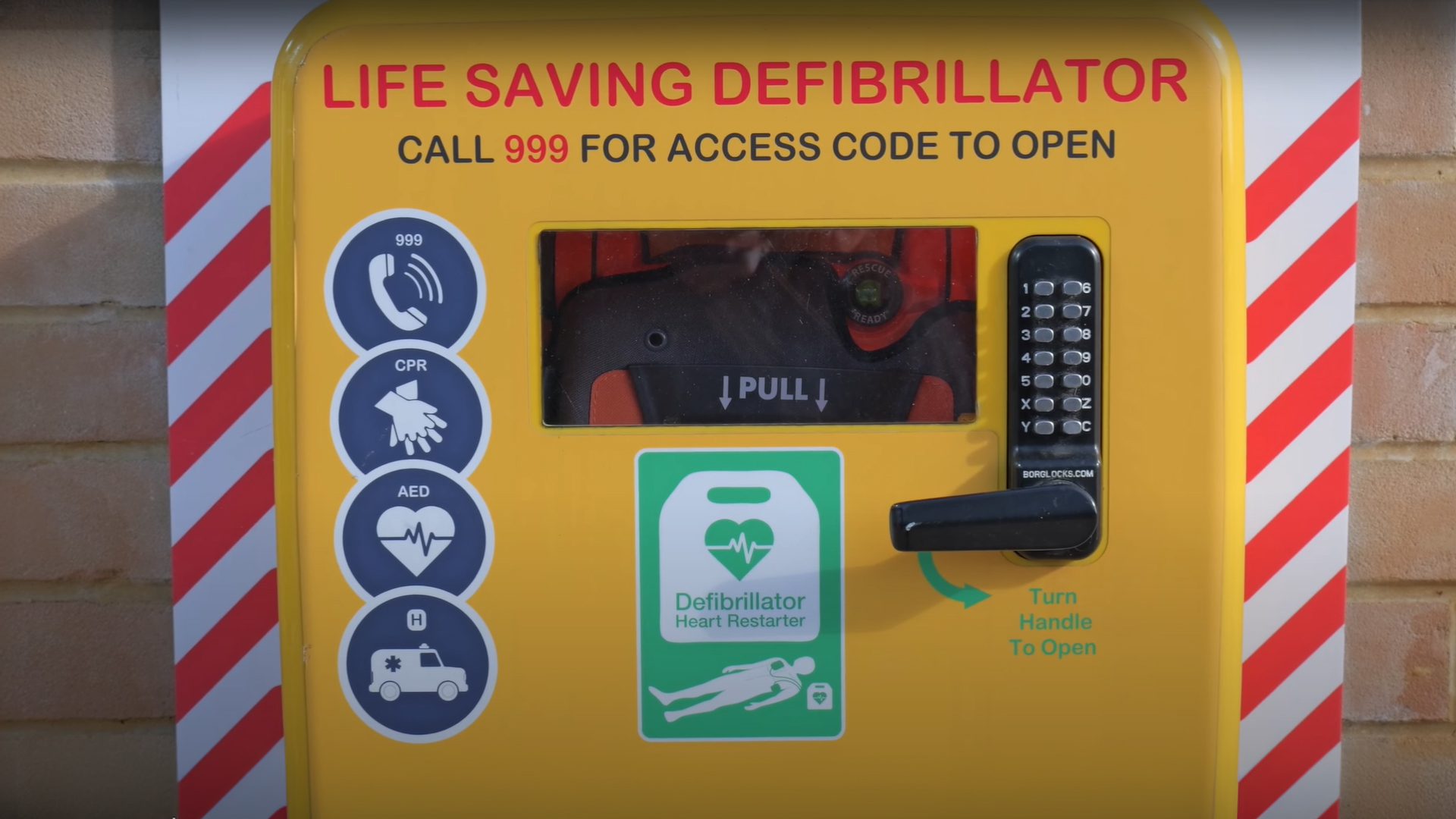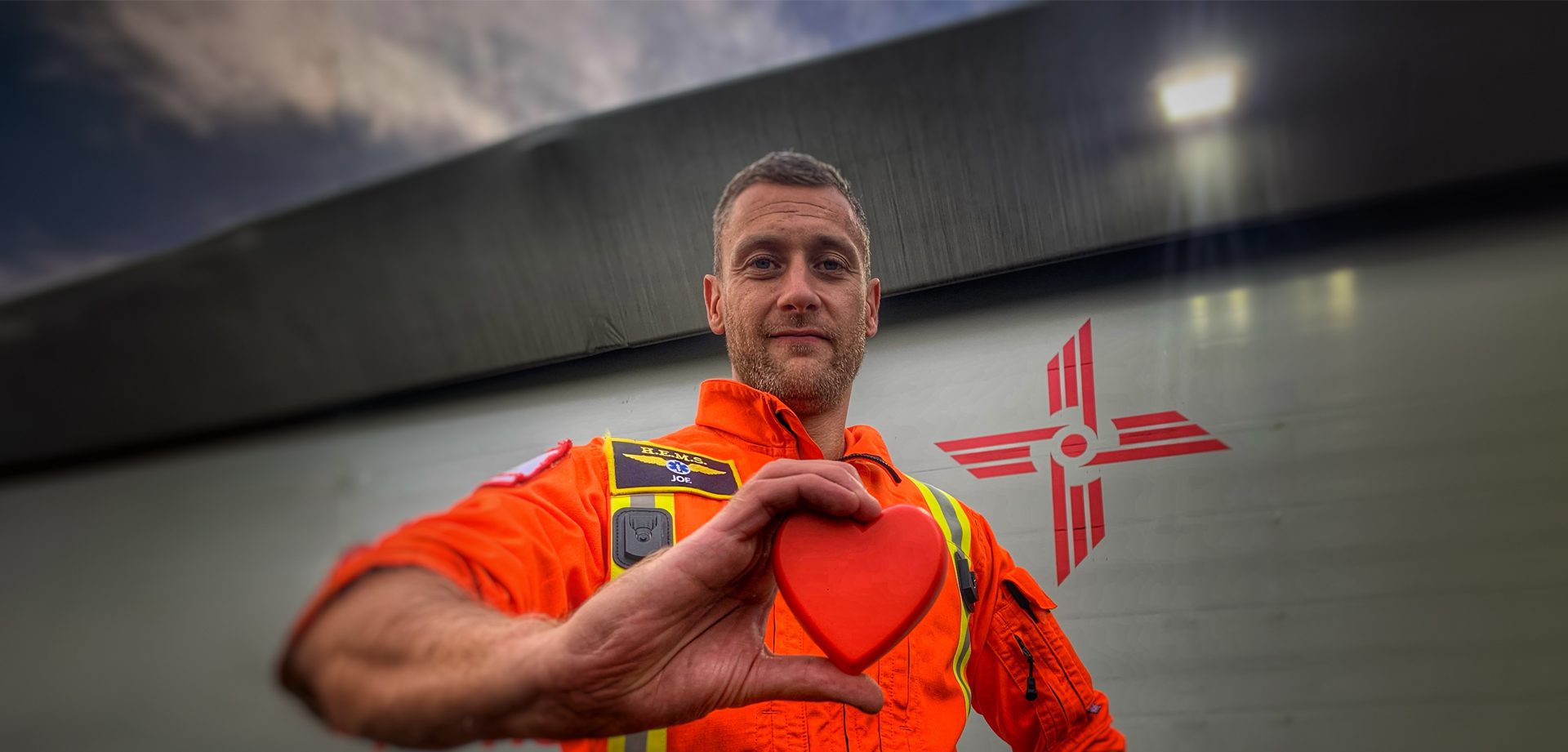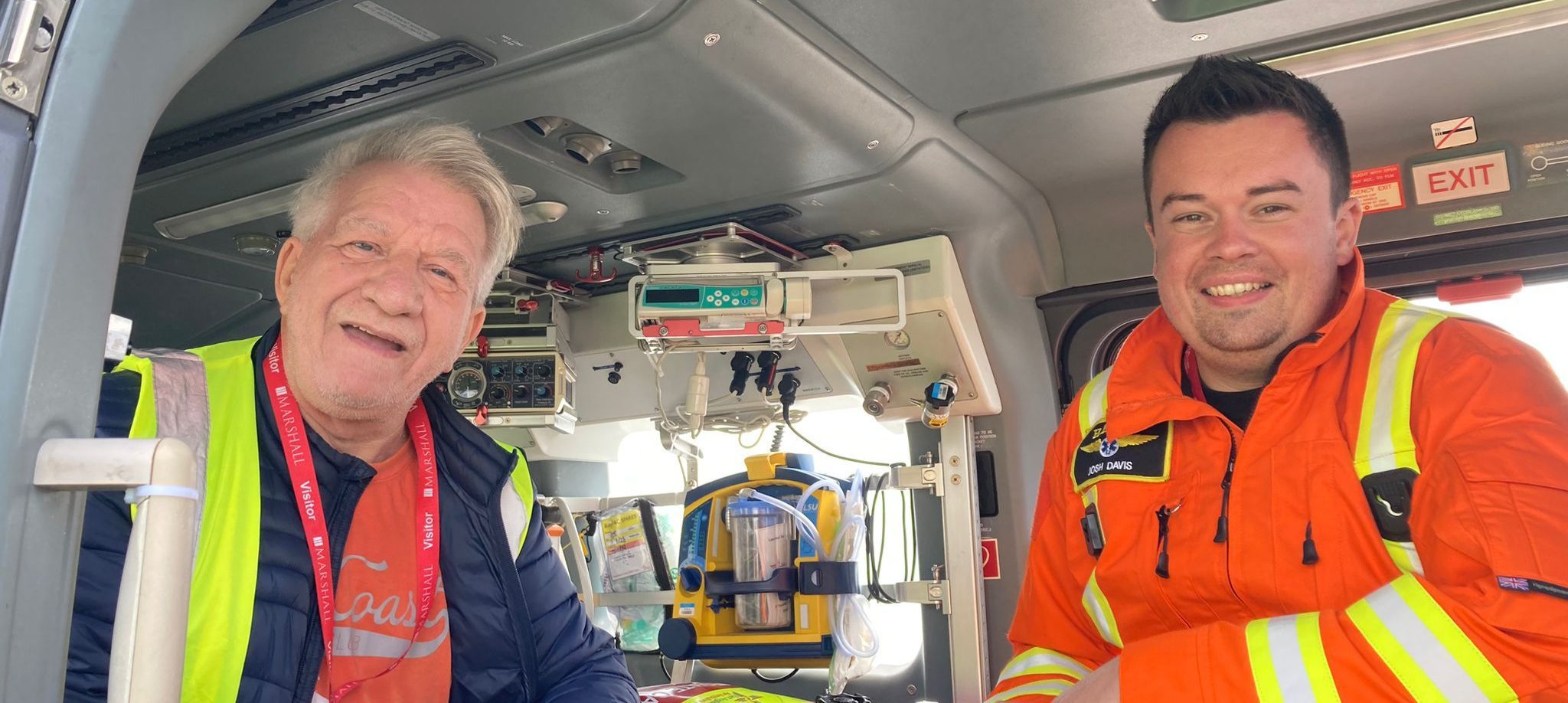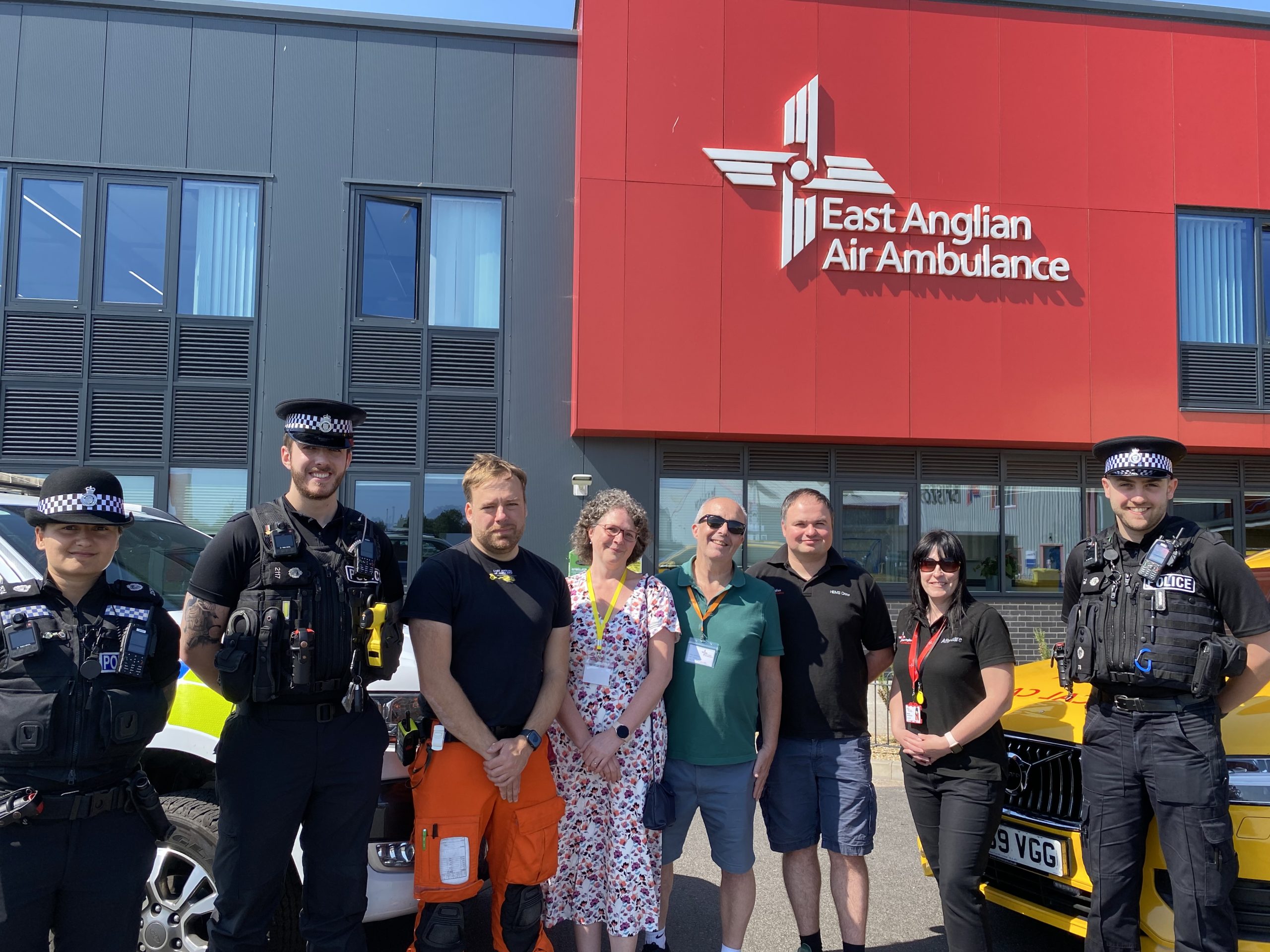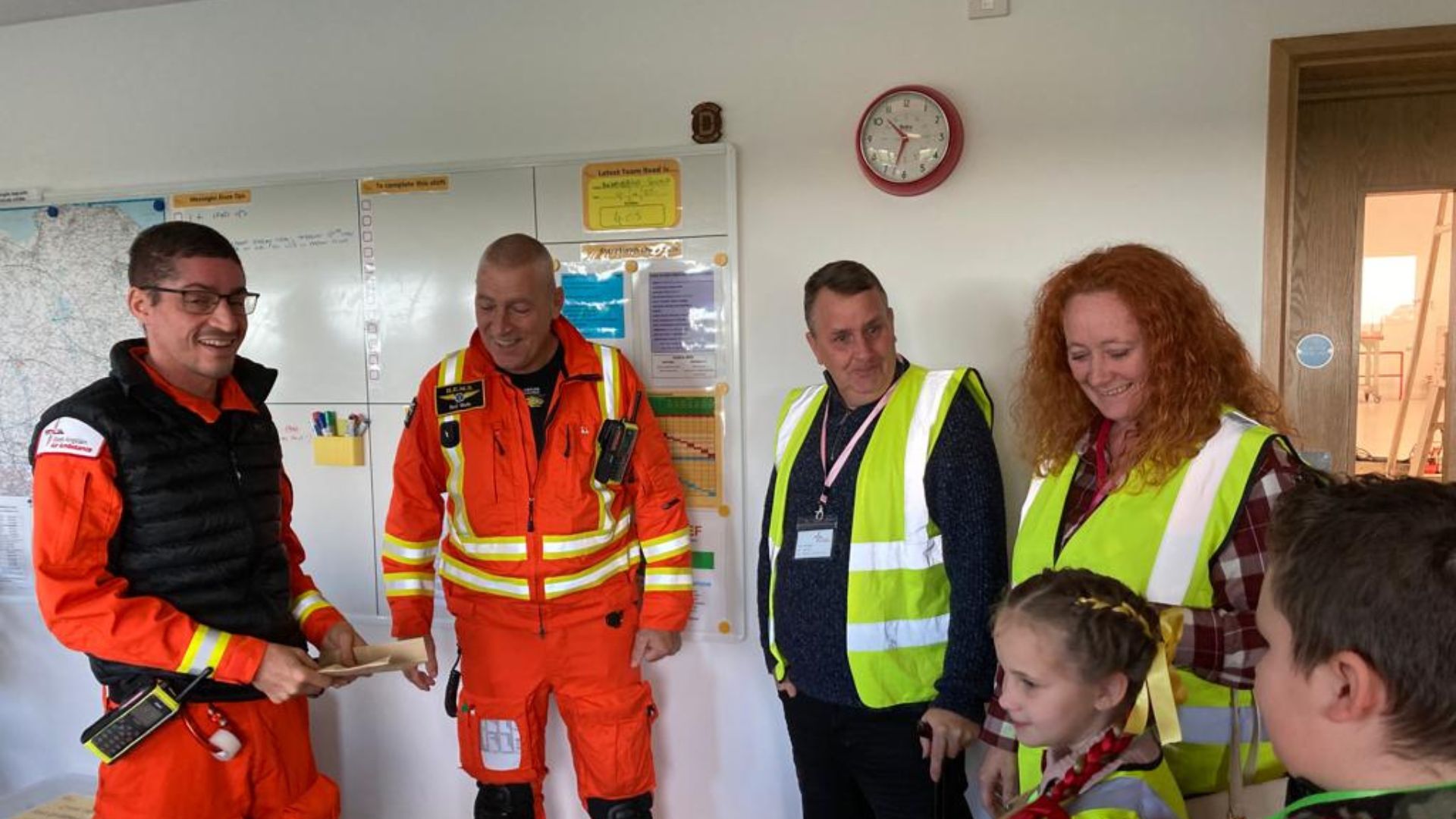CPR training
Learn how to save a life with EAAA’s one-hour CPR and AED community training.
We aim to educate and raise awareness of life-saving defibrillator and CPR skills in the community to improve patient outcomes in the event of a cardiac arrest.
The out-of-hospital cardiac arrest survival rate in the UK is around 8% if only resuscitation/CPR is attempted. However, if a defibrillator is used alongside effective CPR within the first 3-5 minutes, the chances of survival can increase to between 40% – 70%.

This was the first time I had been called upon to deliver bystander CPR – and to contribute to the chain of survival was astounding.

— Sally Tugulu, EAAA CPR Volunteer
The Chain of Survival
The chain of survival is a series of time-sensitive actions and interventions taken in the event of a cardiac arrest to give somebody the best chance of survival and recovery from this life-threatening medical emergency.
Bystanders have a vital part to play by starting the chain of survival as soon as possible.

Early access and recognition
Being able to recognise someone is in cardiac arrest and calling 999 for an ambulance is the first step to helping them.

Early CPR
Performing continuous chest compressions to circulate blood to the brain. However, If you are trained to do so perform 30 compressions to 2 breaths to ensure oxygen reaches the brain until a defibrillator arrives.

Early defibrillation
Being confident in using a defibrillator to restart someone’s heart is vital. For every minute that the patient is left without defibrillation, their chances of survival decrease by 10%.

Early advanced care
The delivery of advanced emergency care by the doctors or critical care paramedics who arrive on scene.
These chain of survival links are vital in saving lives and improving patients’ prospects of making a full recovery.
EAAA aims to train 20,000 people each year in how to perform CPR and use a defibrillator, so they can have the confidence to start the chain of survival as soon as possible in the event of a cardiac arrest.
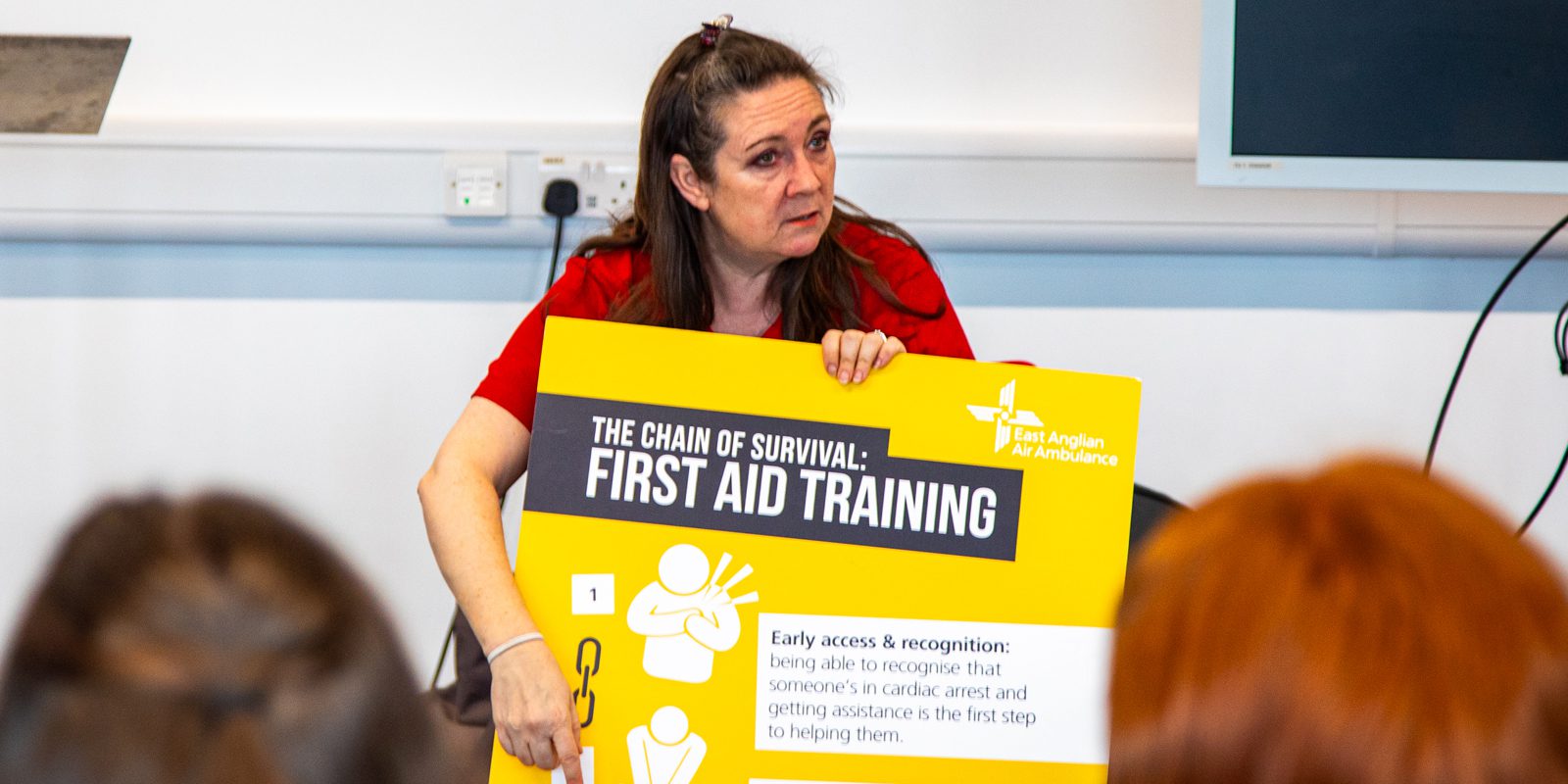
Request CPR training
Build your skills and confidence so, in the event of a cardiac arrest, you can act quickly, start the chain of survival as soon as possible and become somebody else’s life-saver.

